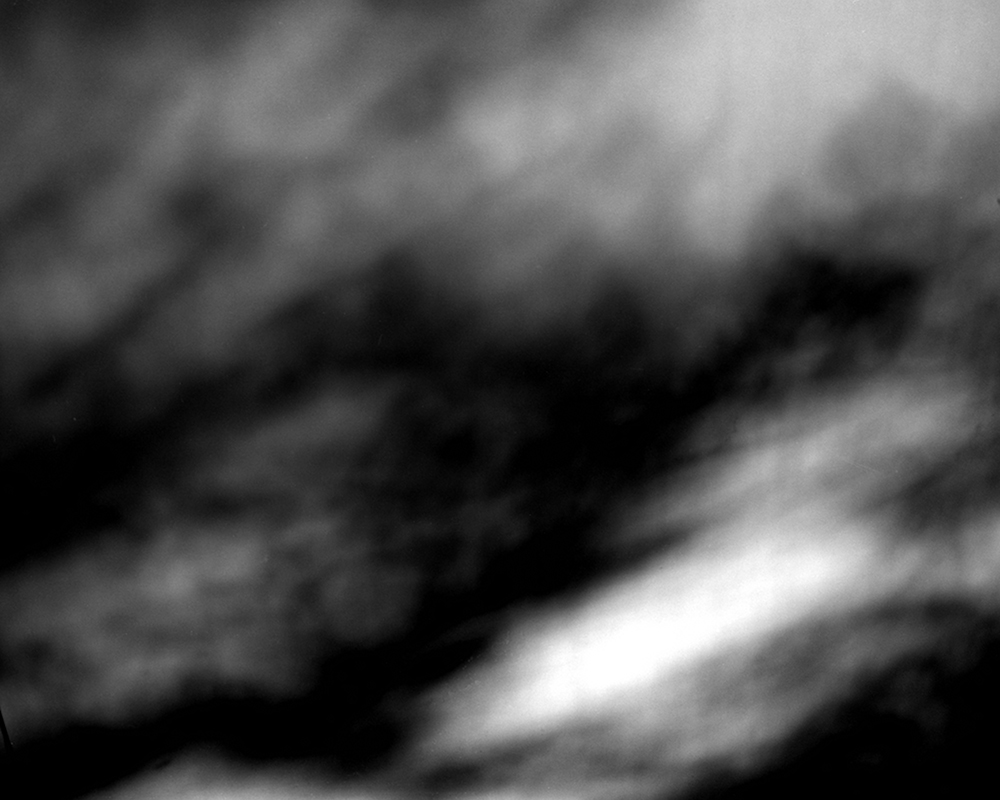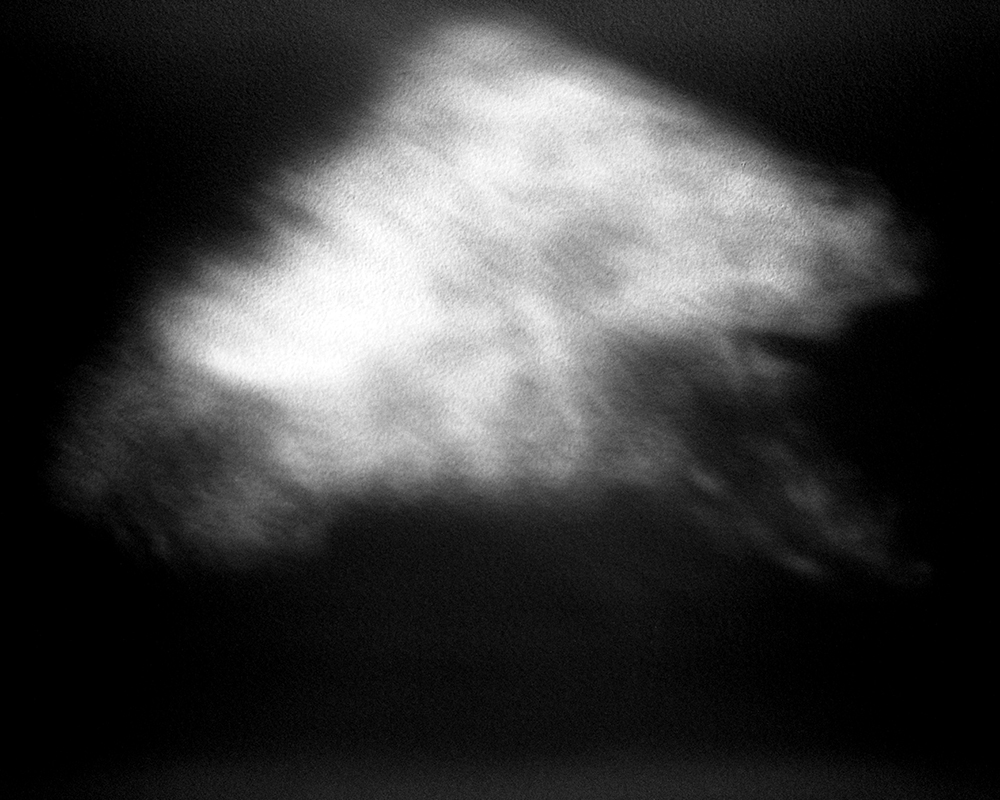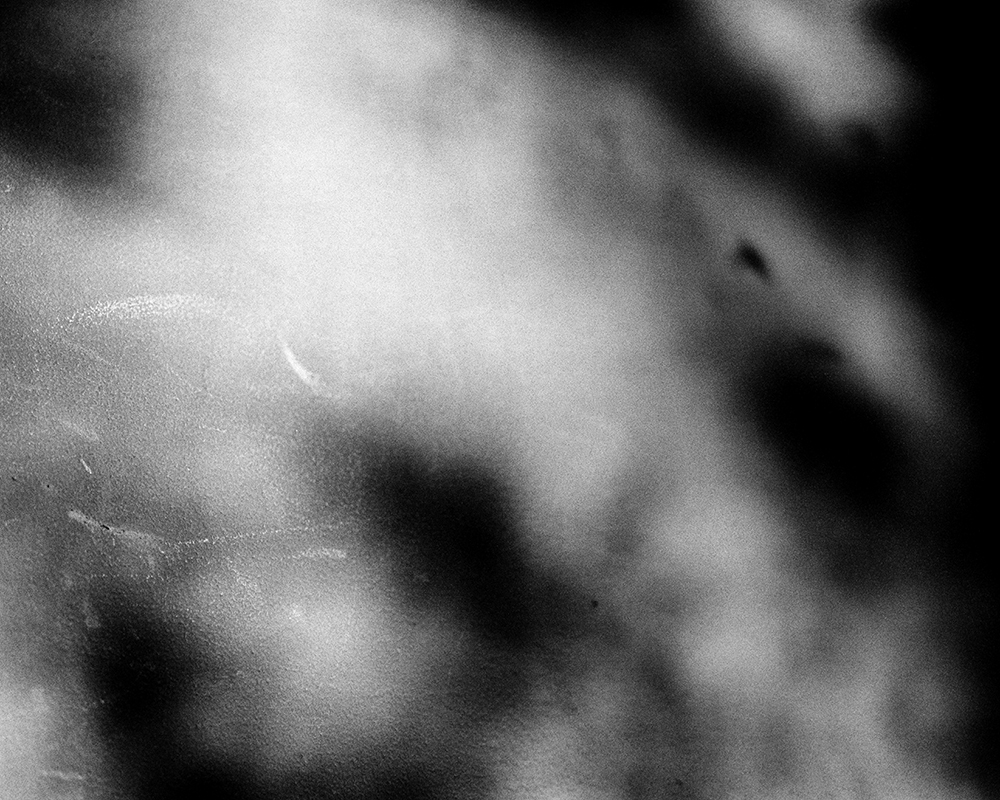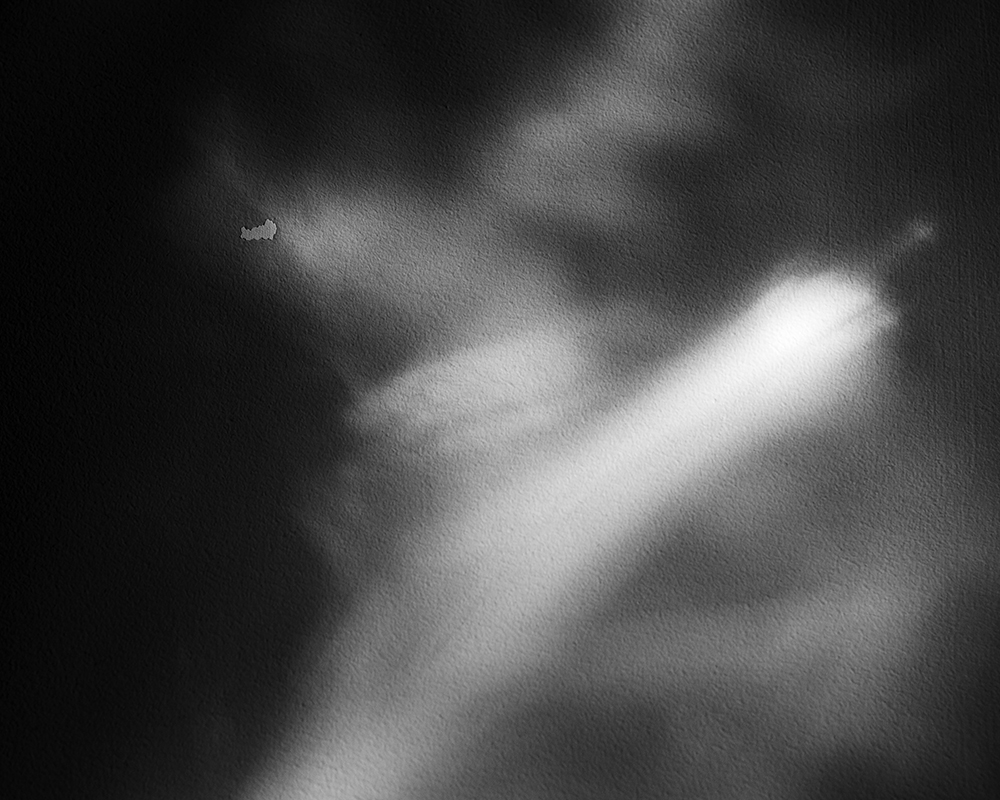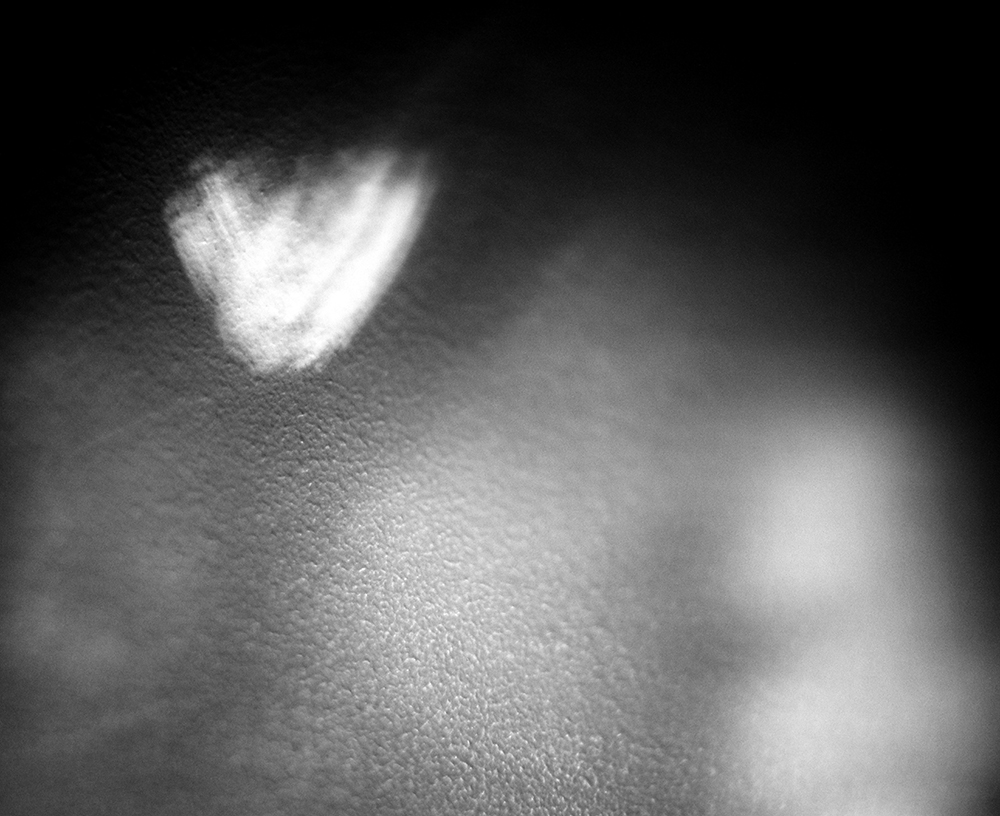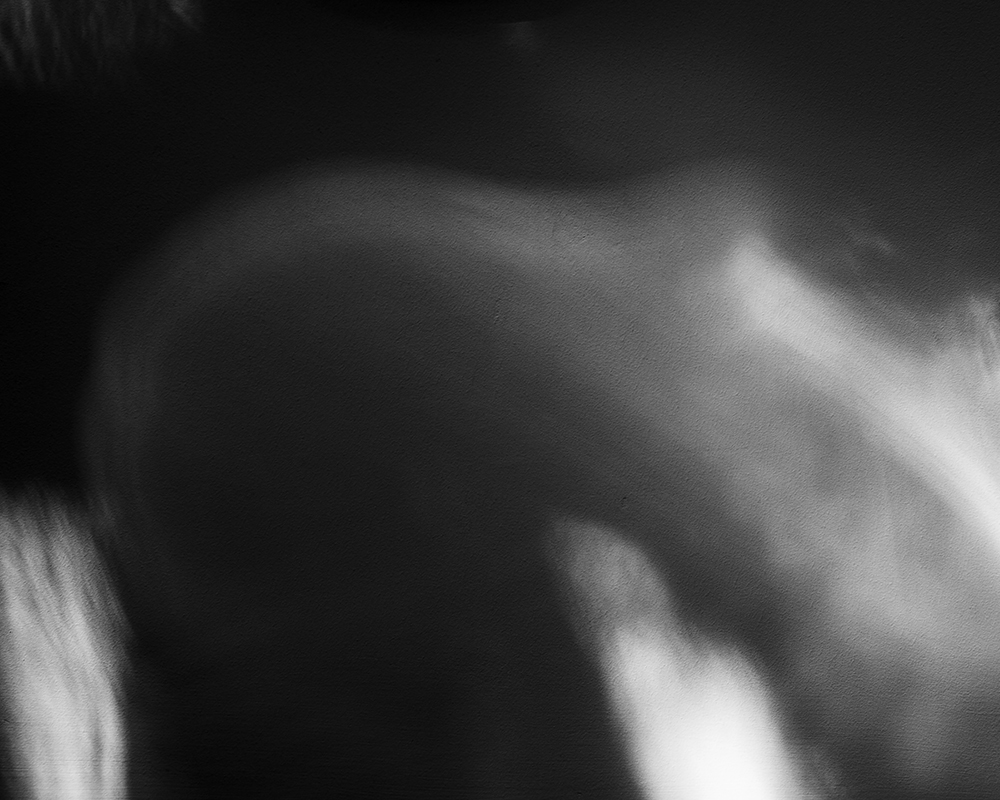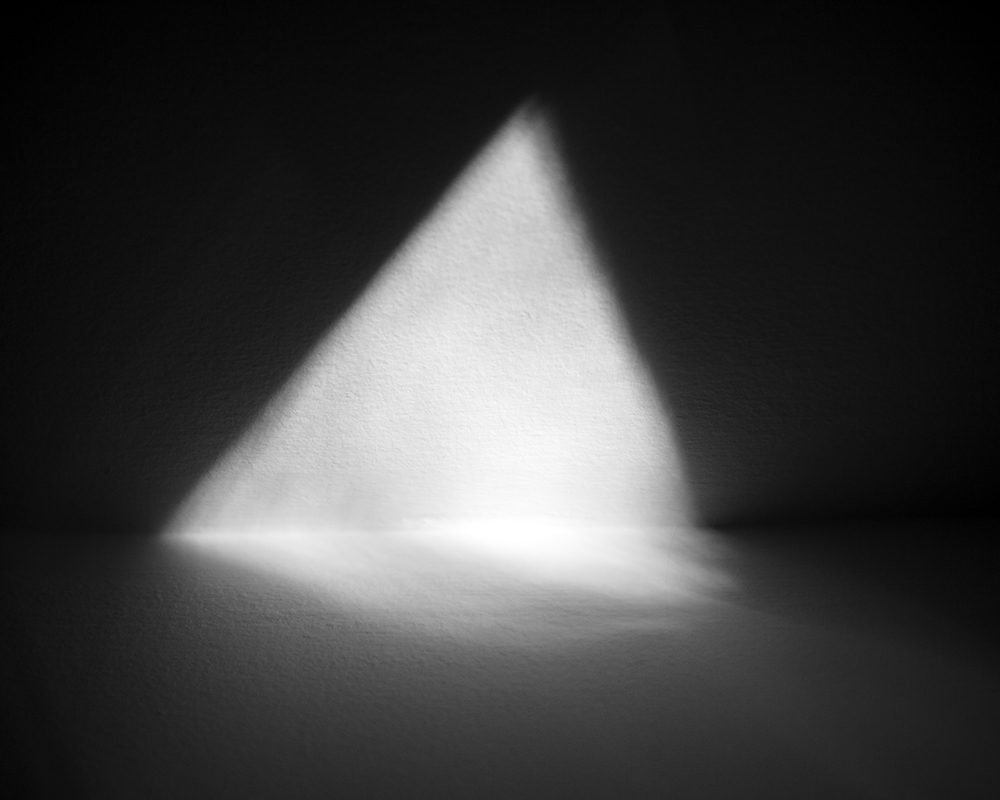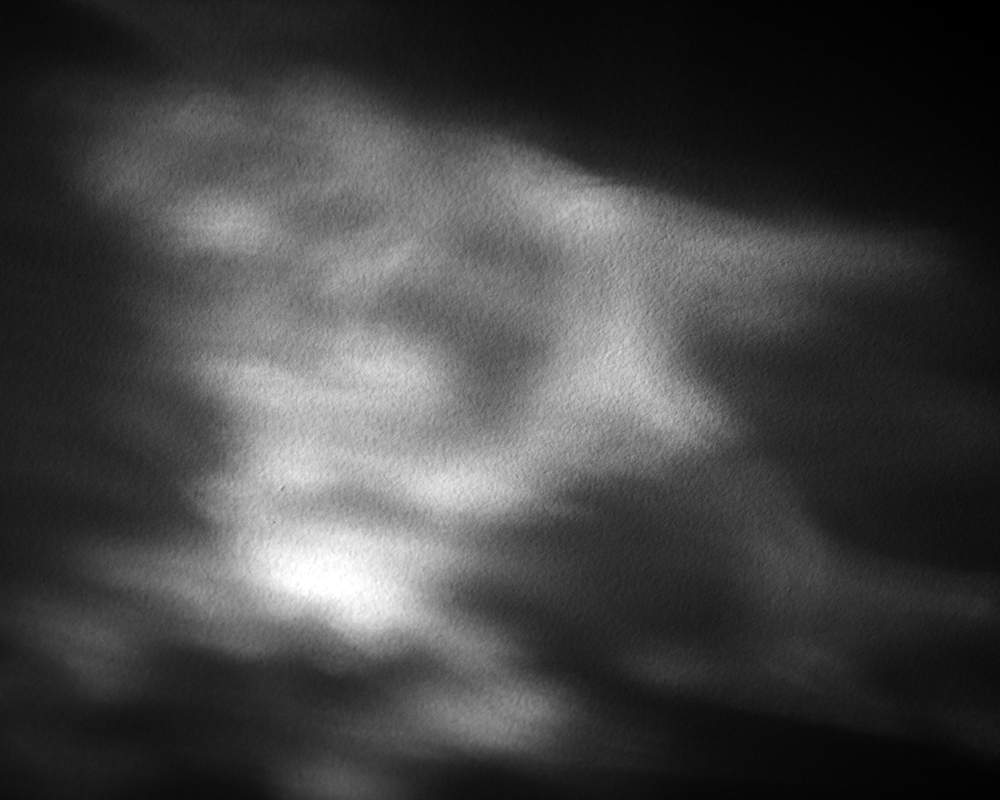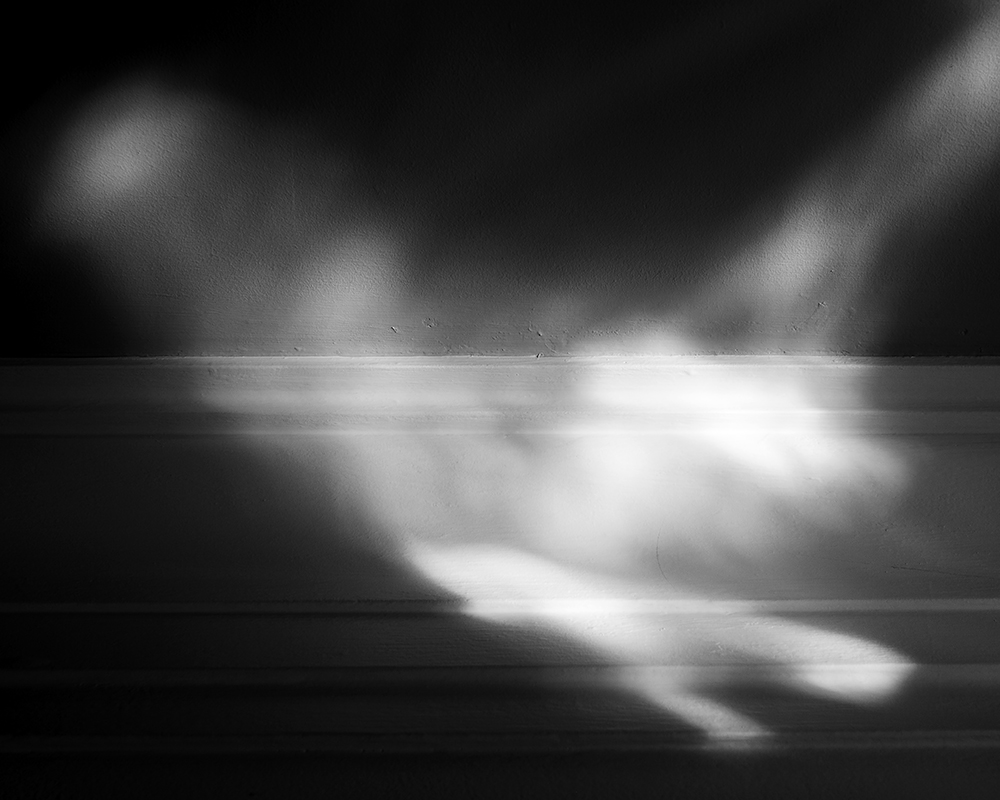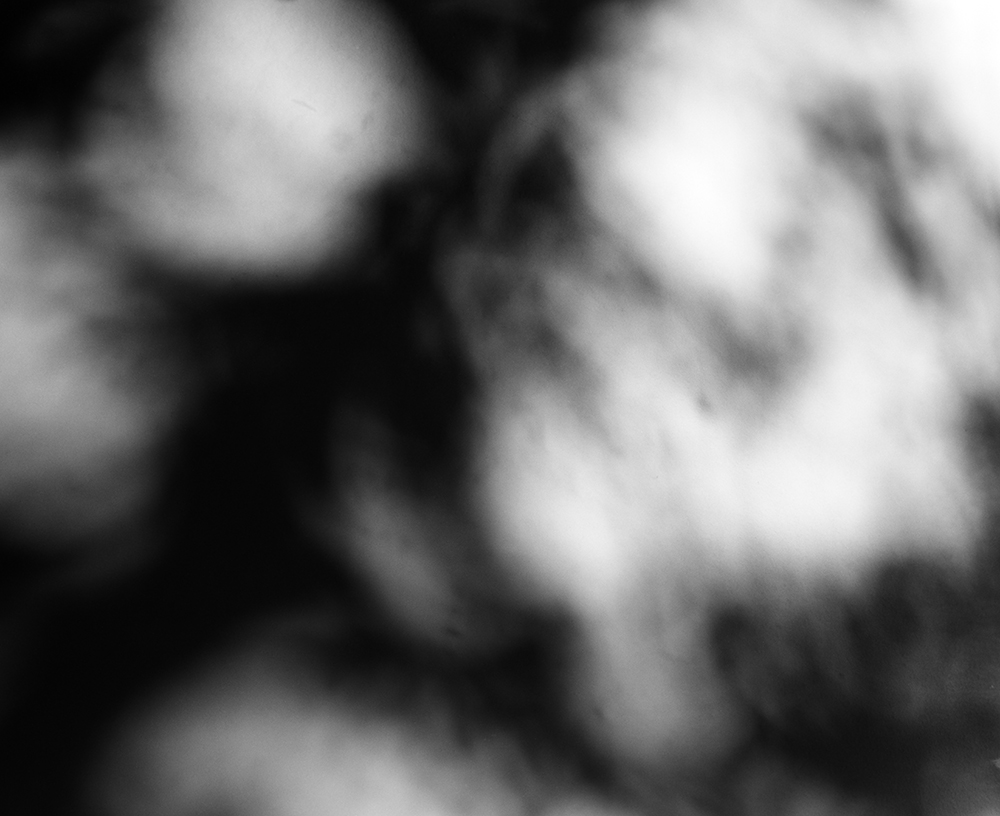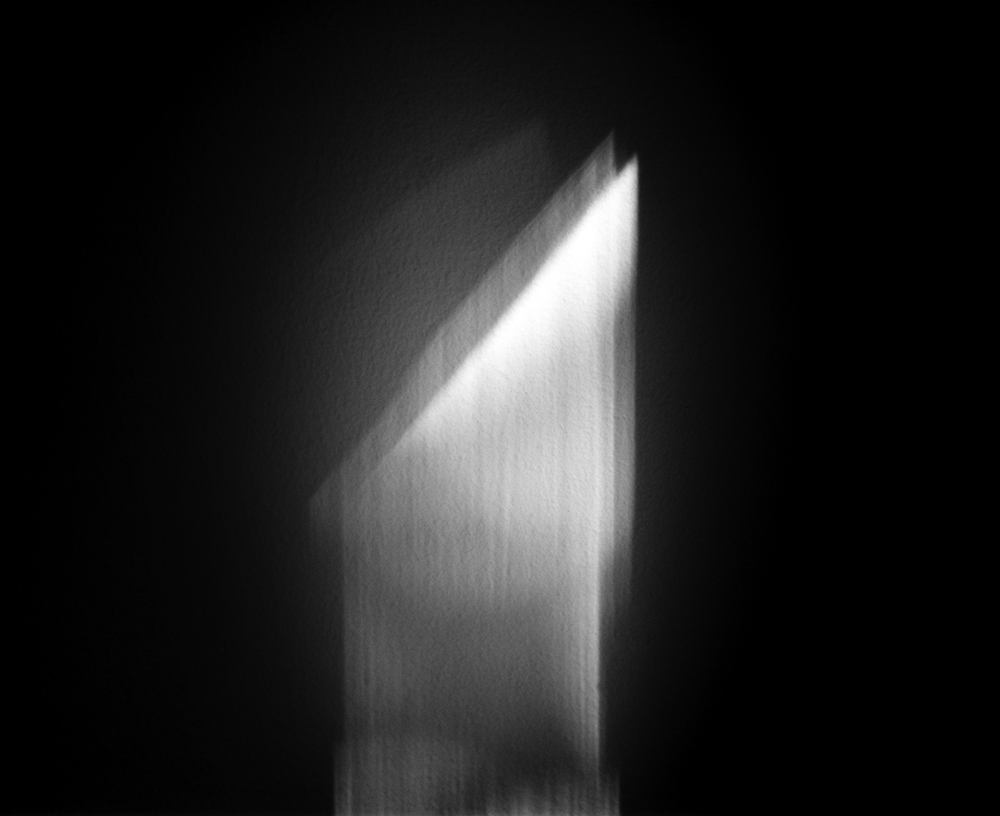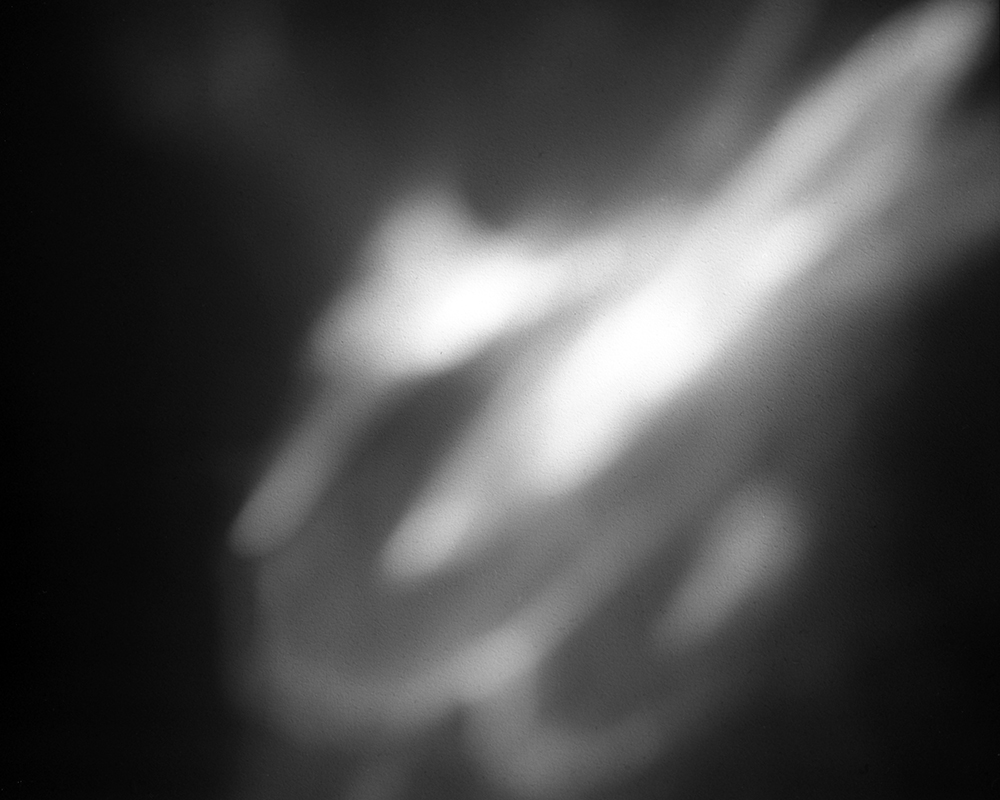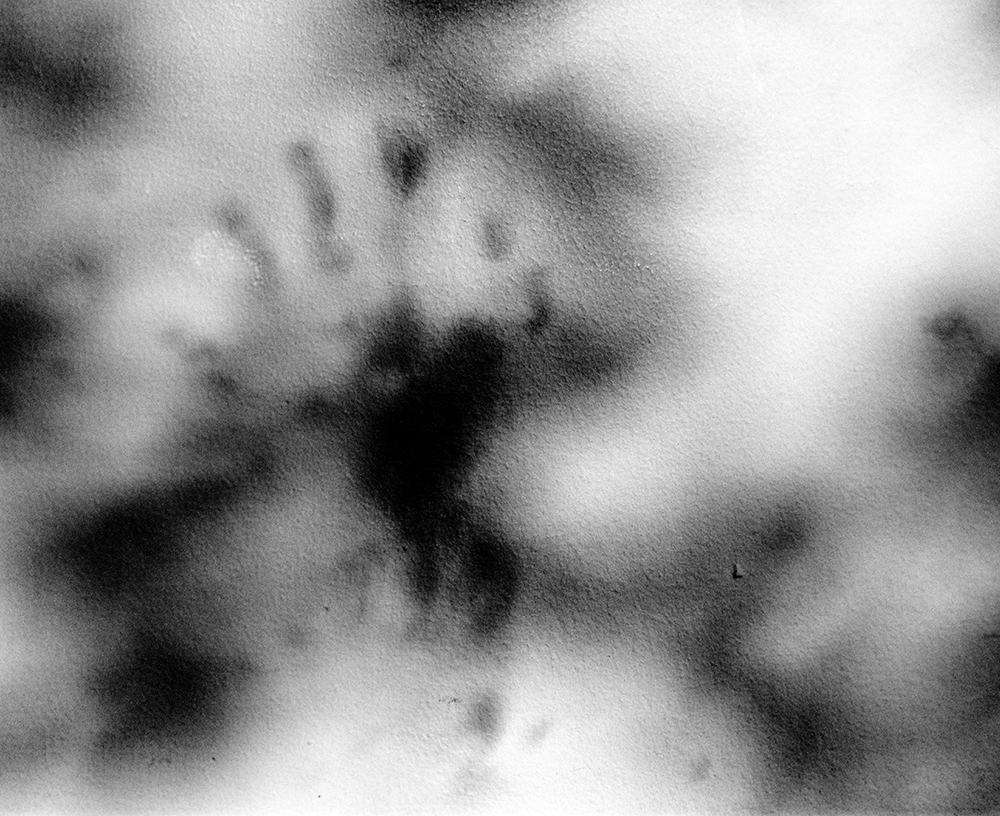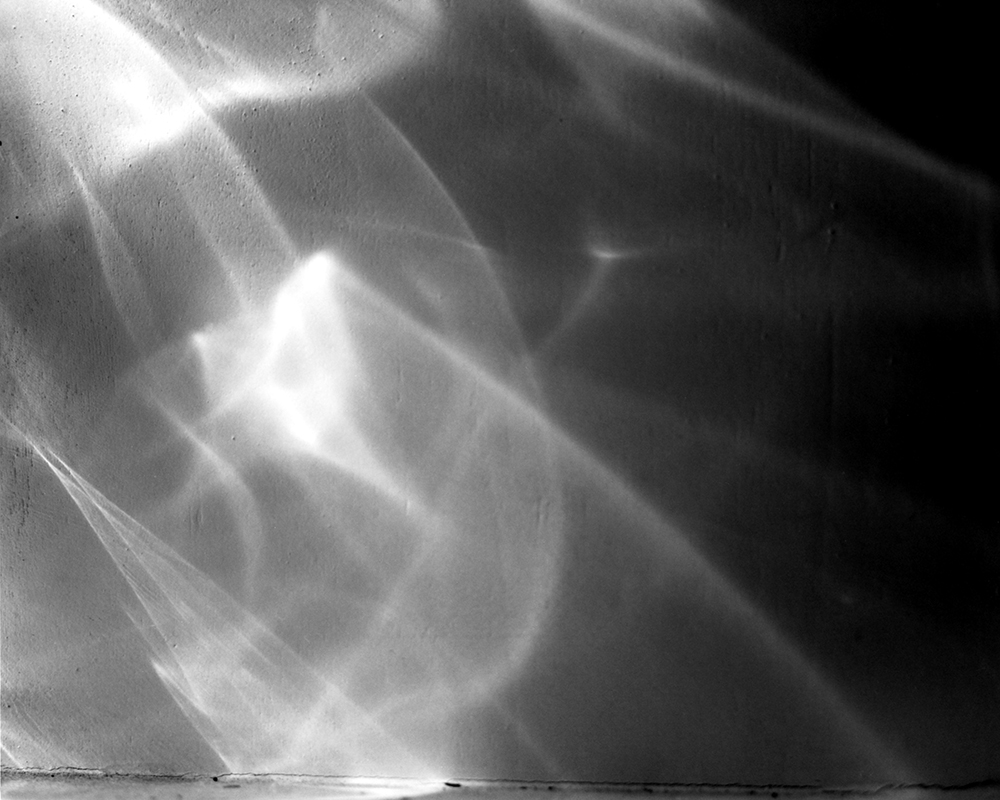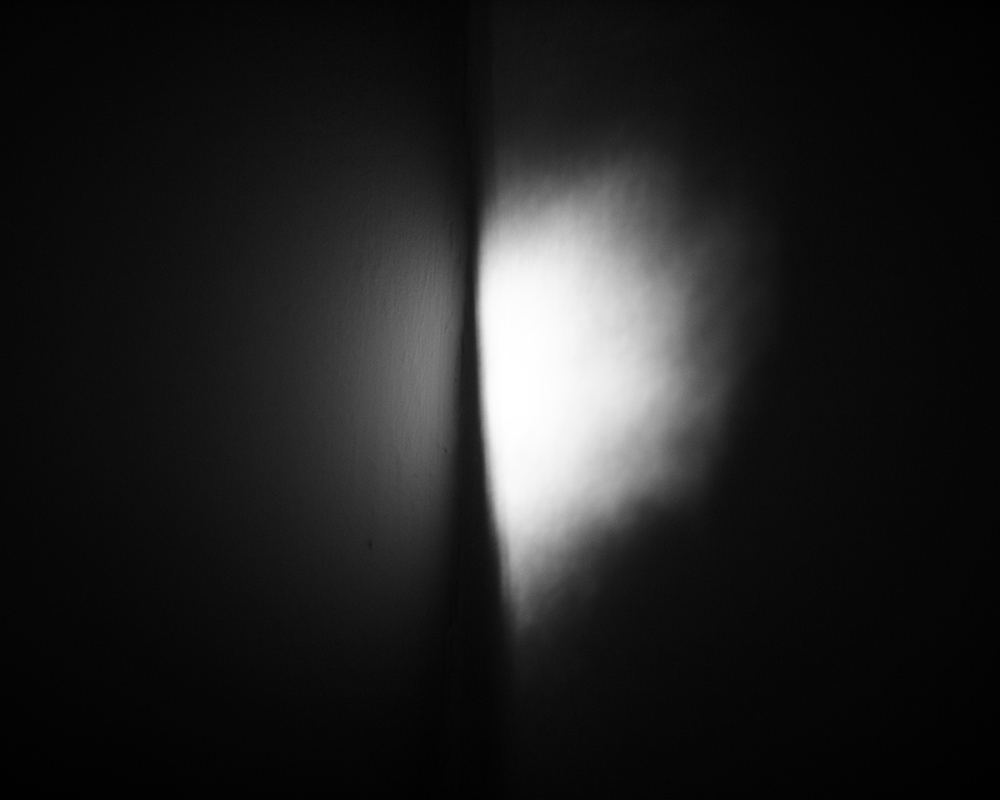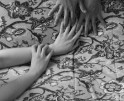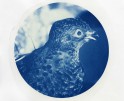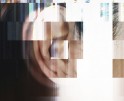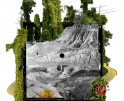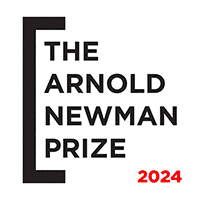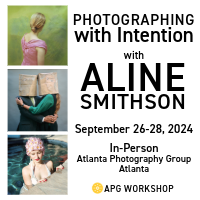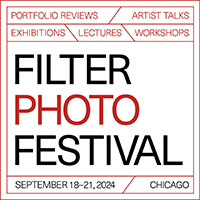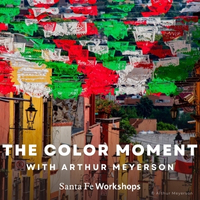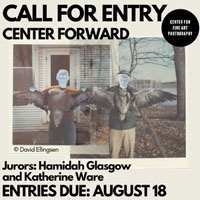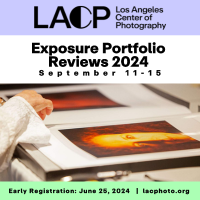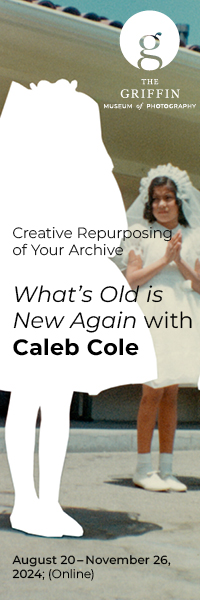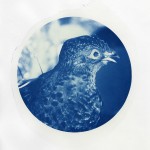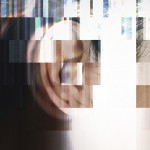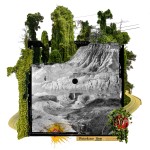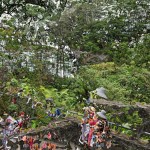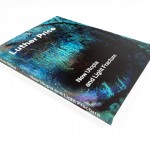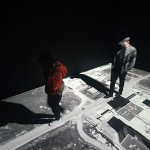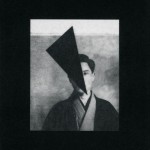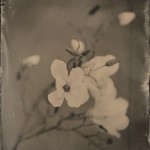Love’s Labors: Kathryn Rodrigues: The Witching Hour
Love’s Labors: Labor is often described as being of the body, and economists have spent centuries calculating formulas to explain its value. But there is a lacuna in all of these calculations, the invisible and the ephemeral—love. How do we calculate the value of love, and how did its meaning in popular culture become so romantic? This week’s artists reinforce labor’s physicality: at times they visualize acts of labor or a person who labors, and at times their pieces are a description of their own labor. Either way, they render the unseen—people, emotions, experiences, materials—visible. But through such work, they also assert that labor is not just a physical act: it’s spiritual, emotional, and intellectual, all of which can be mutually enriching. What does labor look like when it’s driven by love?
At the end of March 2020, I contracted Covid-19. It was moderate: at first presenting as the flu and then when I thought I was getting better it hit my respiratory system. Lack of oxygen makes things soft, and the room where I was quarantined became less defined. I found myself staring at one spot, interminably. My gaze fixed on a small intersection of wall, ceiling, and sometimes light. I remember thinking that motherhood prepared me for this moment: too worn down to move and familiar with the boredom and soft edges of a room, revealed after years of caregiving. Shortly after that, I saw Kathryn Rodrigues’ work. My body inhaled, along with a small sound. Her visual meditations on domestic space elevate soft edges—that boredom—to something spiritual. The deeper into abstraction she goes, the more precisely she describes the fleeting moment. Those ephemeral moments are only available to one who is present, enduring a storm of emotional and physical needs. How long can I stay in her vision? Not long, my children are awake… but I rest assured, knowing I can always return.
Kathryn Rodrigues is a Chicago based artist and educator. She was born in Georgia and her family moved to 10 different locations within the next 13 years, including Brazil, Mozambique, Portugal and Germany, before finally settling in Illinois. Being raised as a third-culture kid left her with a deep interest in identity, memory, domestic life, and the natural world. Her work investigates the interconnectedness of these topics through photography, drawing and mixed media collage. Kathryn received a Bachelor of Fine Arts in Photography from the University of Illinois and a Master of Science in Art Education from the Massachusetts College of Art. She has taught courses for children and adults at the Massachusetts College of Art, National Alliance for the Mentally Ill, Museum of Contemporary Art Chicago and Marwen. Exhibition highlights include the Chicago Cultural Center, Copley Society of Art, Woman Made Gallery, Midwest Center for Photography, Spilt Milk Gallery, Open House Contemporary and ARC Gallery.
This Fall Kathryn will be participating in the Terrain Biennial, will be in the upcoming exhibition, Metamorphosis, organized by Visionary Art Collective and curated by Sergio Gomez and will begin an artist residency with CPS Lives, a non-profit arts organization that pairs Chicago artists with a Chicago Public School during the academic year to collaborate on a project, sharing the unique and individual story of each Chicago Public School. Follow Kathryn on Instagram: @kathryn.rodrigues
The Witching Hour
This series explores ideas of transcendence within a domestic setting and the psychology of motherhood. As a primary caregiver of young children, the majority of my time is spent at home. This can sometimes feel isolating and mundane, but beginning in the late afternoon through the early evening hours our house becomes a repository for light reflections, refractions and shadows. The ghostly patches of light always take on different and fleeting forms and the imagery morphs minute by minute before disappearing abruptly. These ephemeral images appear at a time when everyone is tired, hungry and lacks self-control, providing a transitory respite from the micro-necessities of daily life and the macro-anxieties of the outside world, and facilitating a connection to the curiosities of nature and the creative spirit.
The title of the series refers to both the historic, literary meaning of “The Witching Hour” as the time of night, usually between 12-3am, when the spirit world is at its most active as well as the contemporary meaning that parents of young children use to refer to the hours just before bedtime when children are at their most chaotic and intense. By choosing to photograph using medium format film, I create space and time to slowly investigate and compose these images. In some, the texture of a wall or a small chip of paint is the only aspect suggesting an object or sense of place, thereby juxtaposing the ethereal and the ordinary. This ongoing series explores the urge to find and document these fleeting but sublime moments of discovery, mystery, whimsy and hope.
Elizabeth M. Claffey is an Assistant Professor of Photography at Indiana University in Bloomington, a 2019-20 Research Fellow at The Kinsey Institute for Research in Sex, Gender, and Reproduction and a 2012 William J. Fulbright Fellow. She has an MFA in Studio Art from Texas Woman’s University, where she also earned a Graduate Certificate in Women’s Studies. Before joining the faculty at IU, she participated in The Eddie Adams Workshop and freelanced for various organizations and publications including The Dallas Morning News, NBC Universal Studios, and the United Nations Women’s Fund. In 2017 her work was selected for a Center Santa Fe Director’s Choice Award by Kim Sajet of the National Portrait Gallery in Washington D.C. In 2021, she was awarded an Outstanding Junior Faculty Award and an IU Presidential Award for Research and Creative Activity. Elizabeth’s work has been exhibited nationally and internationally and focuses on identity, kinship, isolation, issues of the body, family history, and cultural/institutional practices. Follow Elizabeth on instagram: @photo_lizzie
Posts on Lenscratch may not be reproduced without the permission of the Lenscratch staff and the photographer.
Recommended
-
Chelsea Tan: before the light escapes us…July 7th, 2024
-
Josh Raftery: Start the Story at the EndJune 28th, 2024
-
THE CENTER AWARDS: ME&EVE GRANT: ANNA REEDMay 22nd, 2024
-
Earth Week: Casey Lance Brown: KudzillaApril 25th, 2024
-
Earth Month: Photographers on Photographers, Dennis DeHart in conversation with Laura PlagemanApril 16th, 2024

